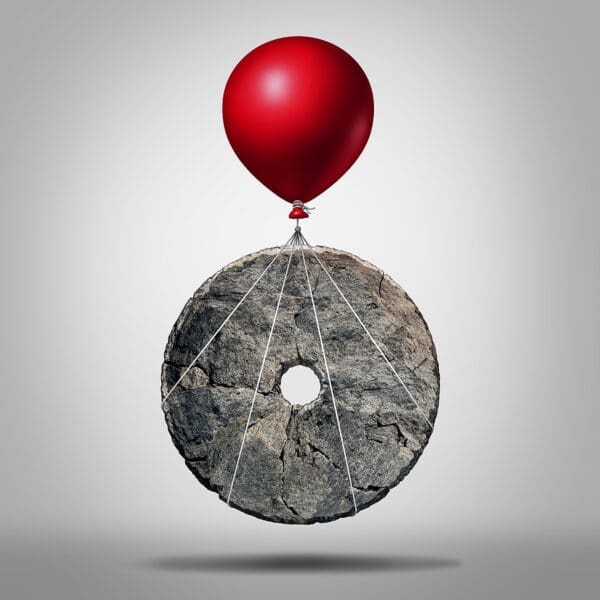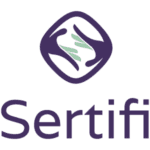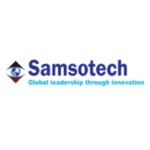 The COVID-19 pandemic has accelerated a trend in revenue operations (RevOps) which is sweeping over the business world. According to a survey recently completed by Forrester there has been a significant shift to centralized revenue operations with many companies recognizing that revenue isn’t just an outcome but rather the result of a full business process where commercial teams work together.
The COVID-19 pandemic has accelerated a trend in revenue operations (RevOps) which is sweeping over the business world. According to a survey recently completed by Forrester there has been a significant shift to centralized revenue operations with many companies recognizing that revenue isn’t just an outcome but rather the result of a full business process where commercial teams work together.
According to Forrester, the success of this approach is not purely down to the change in organisational structure. Companies that combine selecting the optimal operating model with a revenue operations charter that aligns revenue planning, processes, technology, data and measurement across the organization set themselves up for success both in the short and the long term.
The breaking down of silos between hotel commercial operations has been a topic of discussion for nearly a decade now but in reality these departmental divisions are still prominent in many hotel organisations often reinforced by the specialist tools, including revenue management systems, designed to serve them. It is recognized that centralized RevOps isn’t possible without robust integration and automation of the organization’s technology stack and the leading SaaS companies are overhauling their technology to make organizational alignment easier to achieve.
As hotel organizations start to rebuild after the devastating effects of the pandemic there is an opportunity to relegate the traditional structures to the history books, and create lean centralized commercial teams whose cross functional accountability is underpinned by interconnected technologies and automated processes.
Revenue, gut feel and hard work
In the past, driving revenue at a hotel was linked more to instinct, market knowledge and individual effort than to strategy and collaboration.
Often the uncoordinated and misaligned activities of sales, marketing, revenue management and general management resulted in missed opportunities, wasted investments, revenue dilution and conflict. Unsurprisingly, this approach was suboptimal but given the hospitality industry’s siloed approach to data and communication, it has been difficult to change the status quo.
When technology takes us on the scenic route
It is easy to fall into the trap of trying to fix problems with technology alone. Revenue management technology in the hospitality industry has developed immensely in the past years. The cohort of current solutions have a vast array of capabilities and options that were previously unimaginable, and have allowed hotels to better navigate changing markets and seize more revenue opportunities. However these revenue management systems were developed to serve the revenue management community, a niche group of skilled specialists. In serving this community the tools that have been developed are highly complex and require a significant investment in training and ongoing interaction to deliver a meaningful ROI.
In the hands of the right users the full capabilities of the solution can drive impressive results but technology can quickly cause operational headaches. GMs, Marketing and Sales have little time to learn and work with the complex, traditional RMS because they have their own systems to manage. The same is true of revenue managers using the other departments’ tools. The simple fact is the more apps you have, the more silos you create and this problem self-perpetuates.
The revenue tools that allow you to do more with less
COVID-19 has forced many hoteliers to ask if it is possible to do more with fewer people, to use technology to unburden their teams, make day-to-day operations more efficient and facilitate the convergence of commercial functions.
As a consequence commercial teams have begun transforming. More and more hotels are dismantling silos and old rivalries to promote collaboration between sales, marketing and revenue management. For the best results, these multi-disciplinary teams will leverage an ecosystem of interconnected solutions rather than function-specific tools. From a revenue management perspective this means automating the complex task of demand modelling and price optimization, and presenting the results and supporting meta data in an intuitive interface that can be used and understood by all members of the commercial team.
It may seem counterintuitive to hoteliers that have used or evaluated RMSs in the past that superior results can be achieved without the complexity historically provided, but smart hoteliers are understanding that pricing optimization no longer requires detailed, manual analysis of every price decision by specialist revenue management teams. That by automating the repetitive and time sensitive tasks often associated with pricing is putting them at a competitive advantage.
As business starts picking up, competition will become fierce. Now, innovative ideas and unconventional methods will help hotels set themselves apart from the crowd and lay the foundation for a successful future.
A well-integrated tech stack, automation in key areas and improved communication are the first step in that direction.































